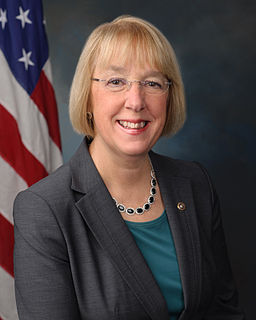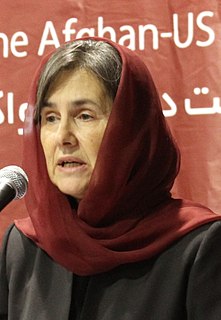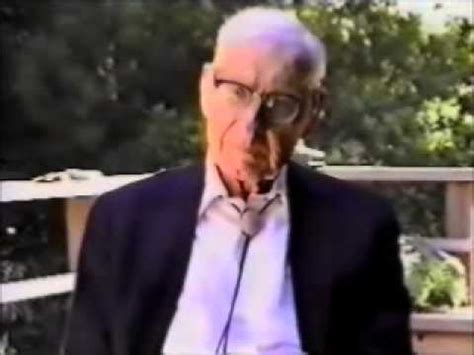A Quote by Bulent Ecevit
We have been helping, trying to help Afghanistan in many ways, even from the beginning of... the beginnings of the '20s, 1920s, when he we were fighting our own national struggle.
Related Quotes
There has been sort of, if you will, a moral interventionism on the part of the United States trying to reshape countries in our own image. Now, we had to go into Afghanistan. We didn't have to go into Iraq. But the idea that you could create a Vermont in the Middle East like that was naive from the beginning.
There are not many beginnings but there is a single Beginning, prior to multitude. But if you were to say that the beginnings are plural apart from their partaking of the One, that statement would self-destruct. For, surely, these plural beginnings would be both alike, by virtue of their not partaking of the One, and not alike, by virtue of their not partaking of the One.
When we are clear enough about our own point of view, we can find help in the methods of Eastern Christianity or in the ways of the Far East, perhaps by consulting the I Ching or through mandala contemplation; we may even find help in the ways of shamanism or Islam. If we are clear about where we stand and the direction we must take, such methods may be useful in order to follow our own way to the end.
My early self-portraits appeared effortlessly and seemed like equivalents for my deeper emotions. Many critics remarked that the images had an almost other-worldly haunting presence. For me, they were simply my own reality at that point in my life. What I was trying to reveal was my inner soul in all its fragile complexity. Without knowing it, I was trying to peel back the layers that shroud and bind us all as we struggle to reveal our own authentic selves.
Then another thing, now this is mainly for our interest about Tibet, our struggle. Whole struggle depend on within person. For dangerous. Foolish! Not for this only institution or even not only for Buddhist dogma, but before national sort of right, our right. So therefore this struggle must carried by people themselves.
At some point, deliberation begins to look more like indecisiveness which then becomes a way of emboldening our enemies and allies and causing our allies to question our resolve. So we shouldn't let one component of this determine our national security here which depends on providing an Afghanistan which denies a safe haven to terrorists as well as stabilizing Pakistan. Those are our two national security interests at stake in Afghanistan.
Yes, the '60s went too far, but we were trying to find new ways, better ways, to do things. And great seeds were planted: civil rights, the peace movement, the environmental movement, feminism. They're big seeds. They take a long time to come to fruition. Please, let's stop fighting, and get out our water cans.

































